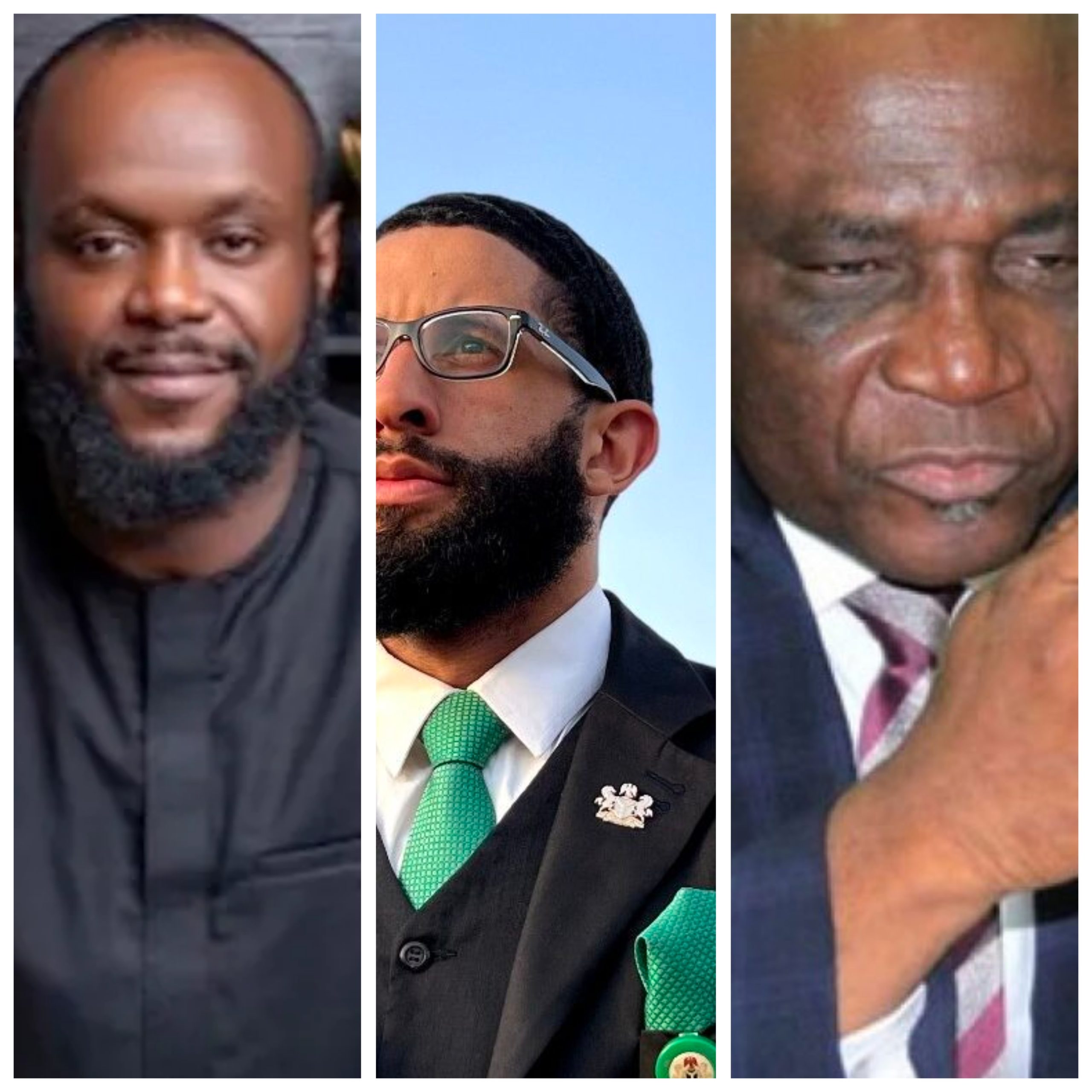Ajuri Ngelale’s resignation as President Bola Tinubu’s spokesman and his indefinite leave of absence, announced on Saturday, has been met with a mix of speculation and intrigue.
While Ngelale cited health reasons related to his family for his departure, a closer look reveals deeper issues that led to his exit.
Ngelale, who was appointed as the presidential spokesman in July 2023, reportedly fell out of favor with several key figures in the presidency, including Chief of Staff Femi Gbajabiamila, Principal Secretary Hakeem Muri-Okunola, Chief of State Protocol Victor Adeleke, and even Seyi Tinubu, the president’s son who played a significant role in his initial appointment.
Additionally, George Akume, the Secretary to the Government of the Federation (SGF), had raised concerns about Ngelale creating new positions and making public announcements without informing his office.
READ ALSO: More reactions trail Ngelale’s resignation as Tinubu’s spokesman
In May 2024, Ngelale was also appointed as Special Presidential Envoy on Climate Action, Chairman of the Presidential Steering Committee on Project Evergreen, and Secretary of the Presidential Committee on Climate Action and Green Economic Solutions.
His move to announce these positions without consulting the SGF further aggravated tensions within the presidency.
The immediate catalyst for his resignation appears to be mounting dissatisfaction with his performance and decision-making.
Ngelale faced criticism for his handling of press statements, including errors such as incorrectly announcing that President Tinubu was the first African leader to ring the closing bell at Nasdaq and prematurely declaring the UAE’s decision to lift its visa ban on Nigeria.
These mistakes, coupled with his contentious relationship with the communications team, contributed to his growing isolation.
READ ALSO: Ngelale goofed, Tinubu not first African President to ring NASDAQ bell
Ngelale’s reluctance to work collaboratively with other senior figures, such as Bayo Onanuga, who was appointed as Special Adviser on Information and Strategy, further strained his position.
Despite his initial reluctance to accept the role of presidential spokesman, Ngelale was persuaded by Seyi Tinubu to take the job, only to find himself embroiled in internal power struggles.
Ngelale’s departure underscores the turbulent dynamics within the presidential administration, leaving observers to question the future direction of Nigeria’s communications team.

 Business1 week ago
Business1 week ago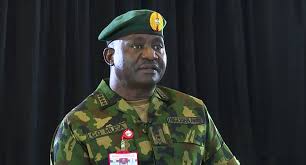
 Latest5 days ago
Latest5 days ago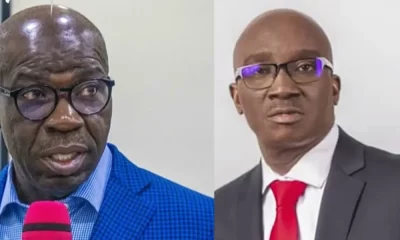
 Latest6 days ago
Latest6 days ago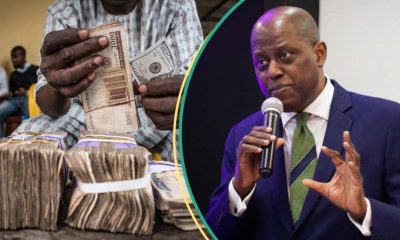
 Business6 days ago
Business6 days ago
 Crime6 days ago
Crime6 days ago
 Business5 days ago
Business5 days ago
 News5 days ago
News5 days ago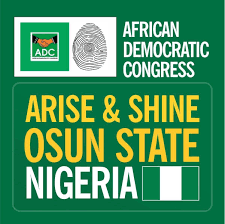
 Politics4 days ago
Politics4 days ago
